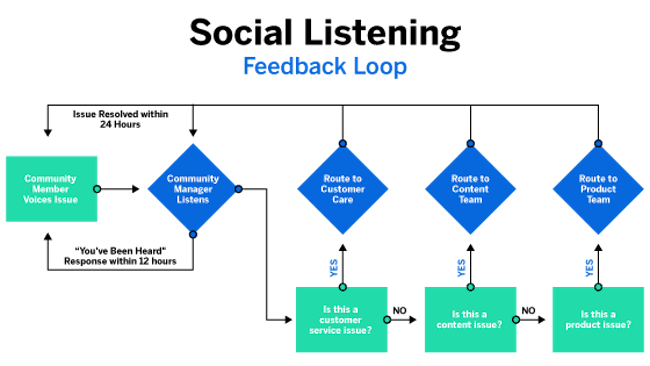
Mastering Success: Essential SEO Best Practices
In the dynamic world of digital marketing, staying ahead requires mastering the fundamental SEO best practices. Let’s delve into key strategies that are essential for achieving success and visibility in the highly competitive online landscape.
Understanding the Core of SEO Best Practices
SEO best practices are a set of guidelines and techniques aimed at optimizing websites for search engines. This encompasses various elements, including on-page and off-page optimization, content quality, and technical aspects, all designed to enhance a website’s visibility and ranking on search engine results pages (SERPs).
Keyword Research and Targeting: The Foundation
One of the foundational pillars of SEO best practices is thorough keyword research. Identifying relevant and high-impact keywords in your niche is essential. Strategic integration of these keywords into your content, meta tags, and headers helps align your website with user queries, increasing its visibility in search results.
Optimizing On-Page Elements: A Holistic Approach
On-page optimization involves fine-tuning various elements within your website to improve its search engine friendliness. This includes optimizing meta titles, meta descriptions, headers, and URL structures. A holistic on-page approach ensures that each element contributes to a cohesive and optimized web presence.
Quality Content Creation: The Heart of SEO
Content is at the heart of SEO best practices. Creating high-quality, informative, and engaging content not only attracts visitors but also satisfies search engine algorithms. Focus on providing value to your audience, incorporating relevant keywords naturally, and staying updated with fresh and relevant content.
Link Building Strategies: Building Authority
Building a robust backlink profile is crucial for SEO success. Quality over quantity is the mantra here. SEO best practices involve strategic link building, acquiring links from authoritative and relevant sources. These backlinks signal to search engines that your website is a trusted and valuable resource.
Mobile Optimization: Catering to On-the-Go Users
As mobile usage continues to rise, mobile optimization is a non-negotiable aspect of SEO best practices. Ensure that your website is responsive and provides a seamless experience across various devices. Mobile-friendly websites are favored by search engines and offer better user experiences.
Technical SEO: Ensuring a Strong Foundation
Technical SEO involves optimizing the technical aspects of your website for search engines. This includes improving site speed, fixing crawl errors, and creating an XML sitemap. A strong technical foundation ensures that search engines can efficiently crawl and index your website.
User Experience (UX): A Ranking Factor
User experience is now a confirmed ranking factor. SEO best practices focus on creating websites that are not only visually appealing but also offer intuitive navigation, fast loading times, and overall positive user experiences. A good user experience contributes to lower bounce rates and higher rankings.
Regular Audits and Monitoring: Adapting to Change
The digital landscape is ever-evolving, and SEO best practices involve continuous monitoring and adaptation. Regular website audits, tracking key metrics, and staying informed about industry trends allow you to adapt your strategies, ensuring your website remains optimized for success.
Analytics-Driven Decision Making: Data as Your Guide
Analytics play a pivotal role in SEO best practices. Utilize tools like Google Analytics to track user behavior, conversion rates, and other key metrics. Analytics-driven insights empower informed decision-making, allowing you to refine and optimize your strategies for better results.
To delve deeper into the realm of SEO best practices and master the art of online visibility, visit writemyessay-site.com. Implementing these essential strategies ensures that your website not only meets current SEO standards but also sets the stage for continuous success in the ever-evolving digital landscape.





